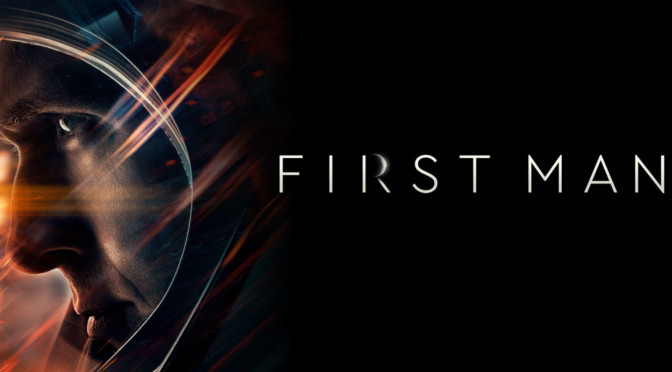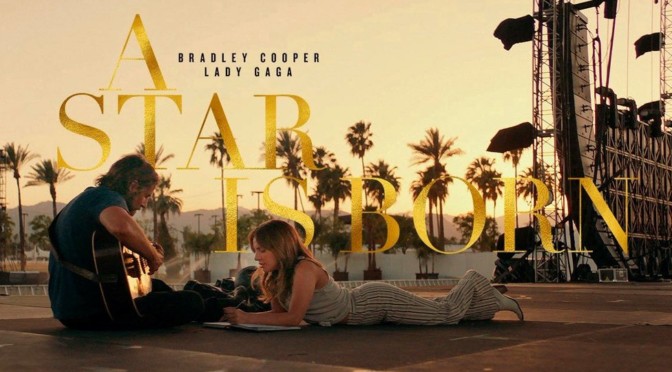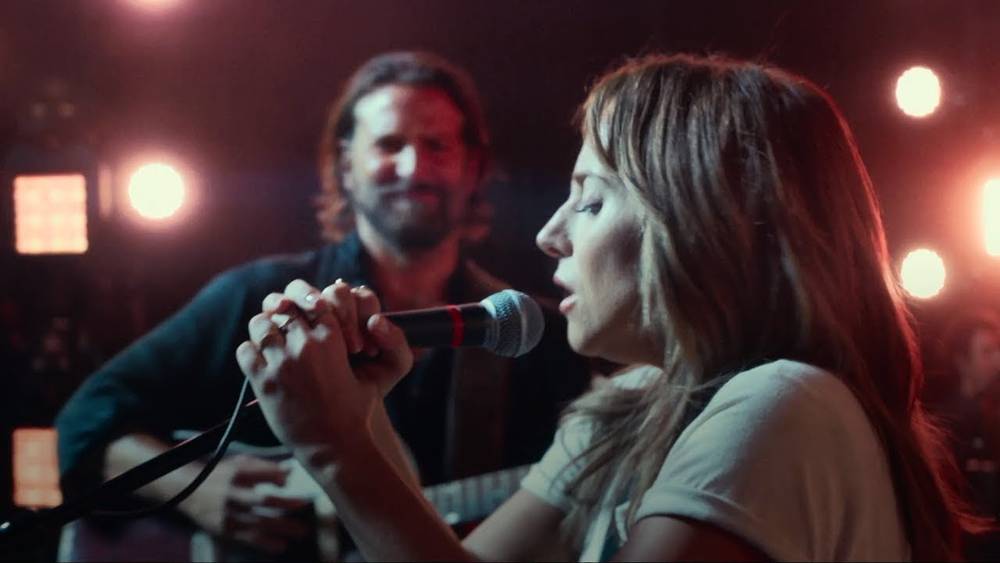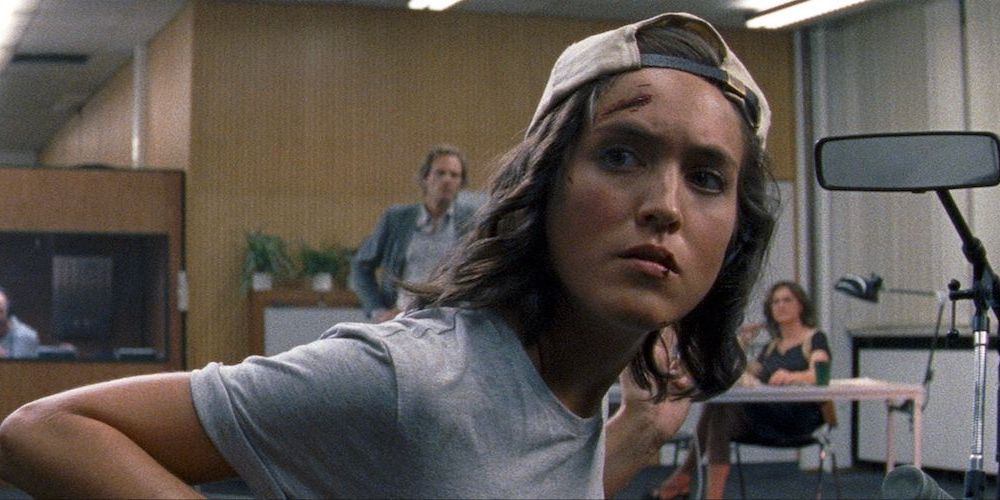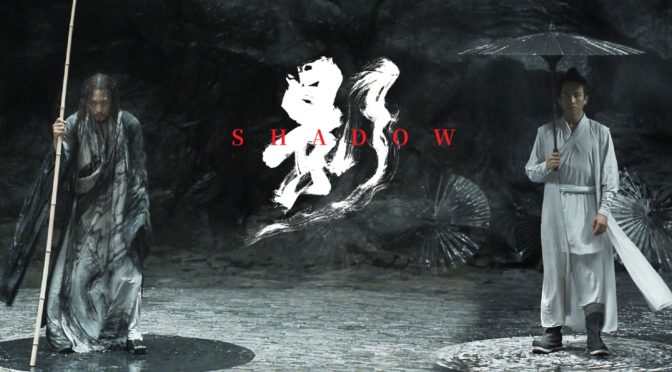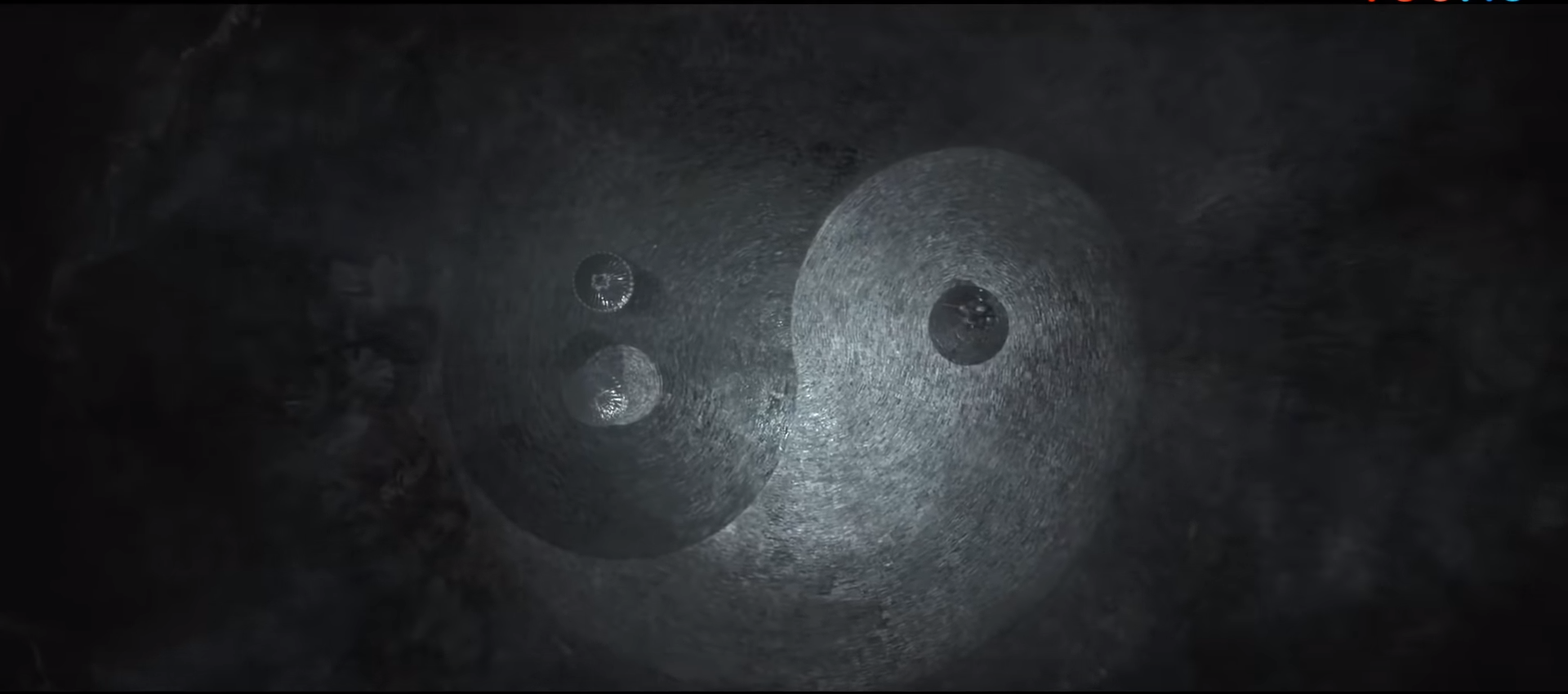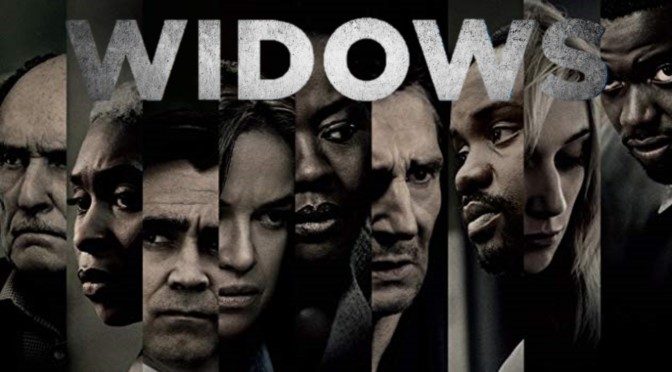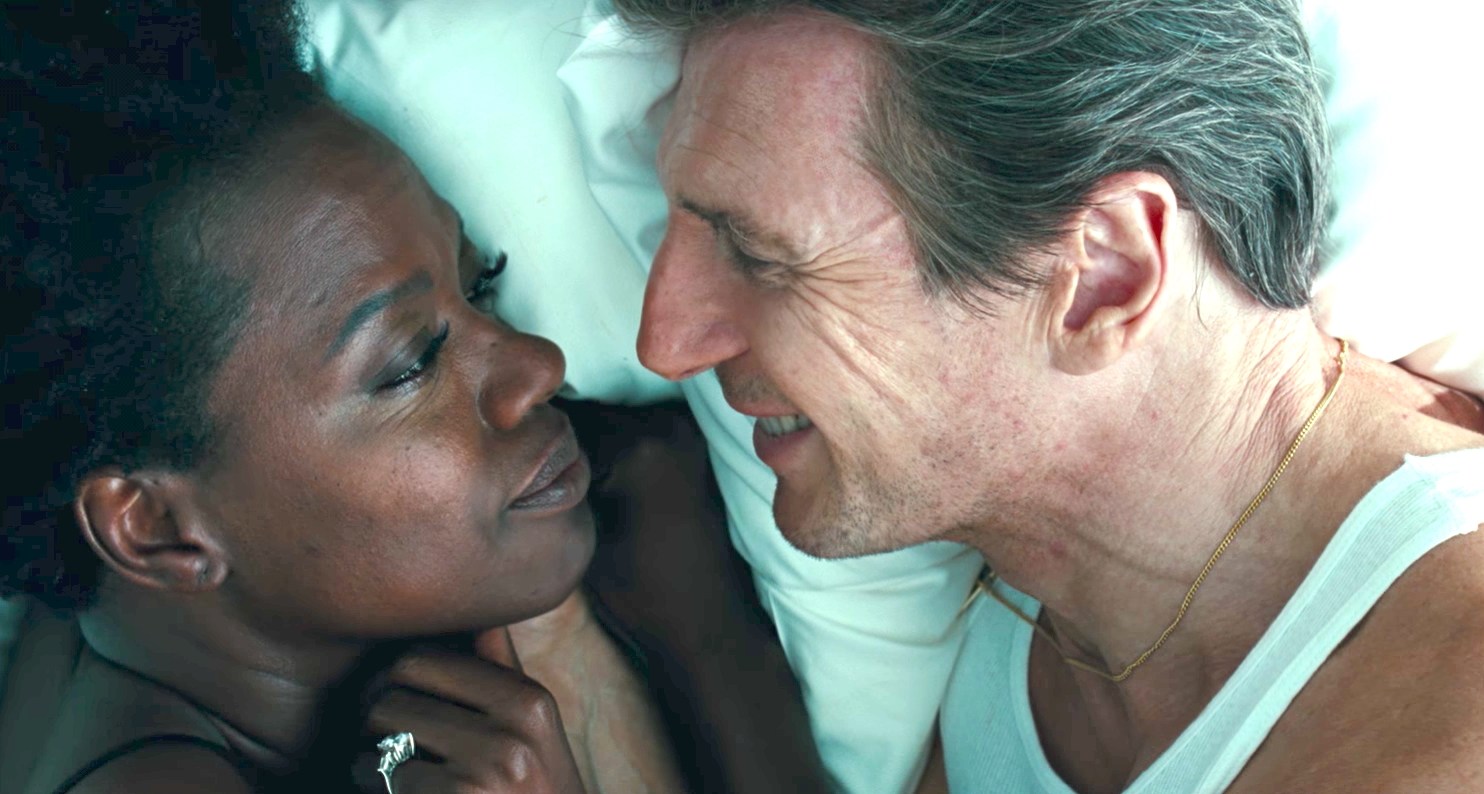After the perfectly fine, but ludicrously well-received La La Land, there was surely a mountain of pressure on director Damien Chazelle to continue the hot streak with his next feature but First Man won’t quite hit the mark for those that loved his previous film. Ryan Gosling (Drive) plays Neil Armstrong as he works at NASA piloting test flights leading up to a planned voyage to the moon. He is shown in equal measure at work and at home with his wife Janet (Claire Foy; The Crown) and his two kids. Much of the film tries to humanize Armstrong. The film opens with a personal story that most will be unfamiliar with, but adds depth to his motivations. Chazelle emphasizes Armstrong’s mix of technical acumen, he had an engineering background, as well as his instincts as a pilot.
The film’s greatest asset is its set pieces. The various launches are shot with a uncontrollably shaking camera that effectively communicates the chaos and danger of prototype spacecraft. Chazelle builds anxiety into these events with sound design consisting of rumbling and clattering metals as well as environment cues. The sight of oscillating fluorescent lights as Armstrong makes his way to the launchpad wordlessly communicates the dangers of attempting space travel. It’s the placement of these set pieces that hurts the film. Rather than build up to the crescendo of the film lunar mission, the best set piece is also the first. It makes for a enticing opening, but when they following missions progressively lose steam, it reduces anticipation instead of building it.
Overall, the film is too subdued. It’s strange to call a movie about rockets blasting off into space quiet, but besides the set pieces, Chazelle’s direction is overly restrained. In the climactic moon landing scene, the film goes silent and what should be an awe-inspiring moment ends up feeling lackluster. The film tries to make use of Janet and their children increase the emotional stakes to Armstrong’s mission, but it is never able to fully develop the bonds between the adult cast. We see the father’s connection to his children, but neither his relationship with his wife nor the comradery between the astronauts is enough to create the desired effect.
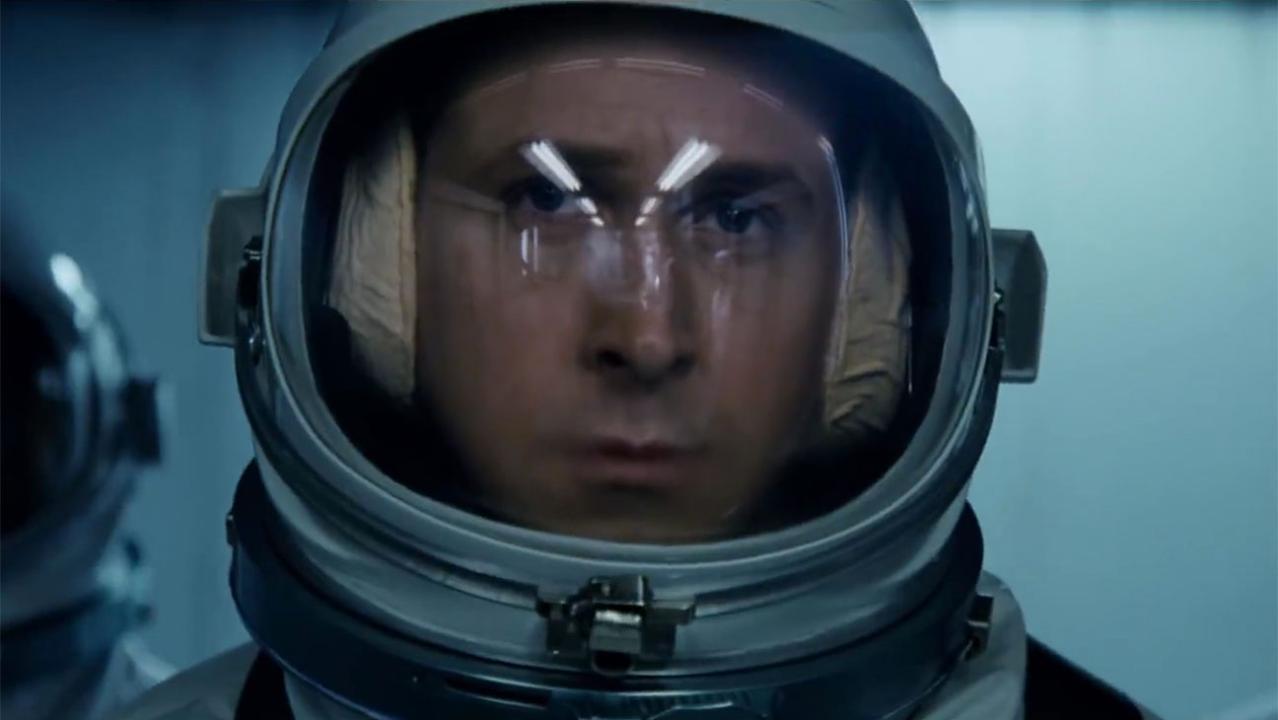
Part of this has to do with Chazelle’s use of Ryan Gosling. Gosling’s main acting ability is holding blank facial expressions while implying a sea of emotions underneath. He uses that same technique here, but it’s hampered without the bonds to others and an only partially justified dedication to his pursuit. Chazelle focuses on the actual process of achieving lunar travel so much that Armstrong ends up as a supporting character in his own story. The historical detail and desire to depict the inner workings of NASA at the time are commendable, but it is at odds with the central story. In some ways, it seems like Chazelle was trying to make both an ensemble piece about a gargantuan task completed collectively by a talented team, like Spotlight, and Armstrong’s personal story. Unable to make this difficult balance succeed, the inner workings at NASA crowd out Armstrong’s emotional journey and leave Gosling underutilized in an otherwise well-staged film.

3/5 stars.
